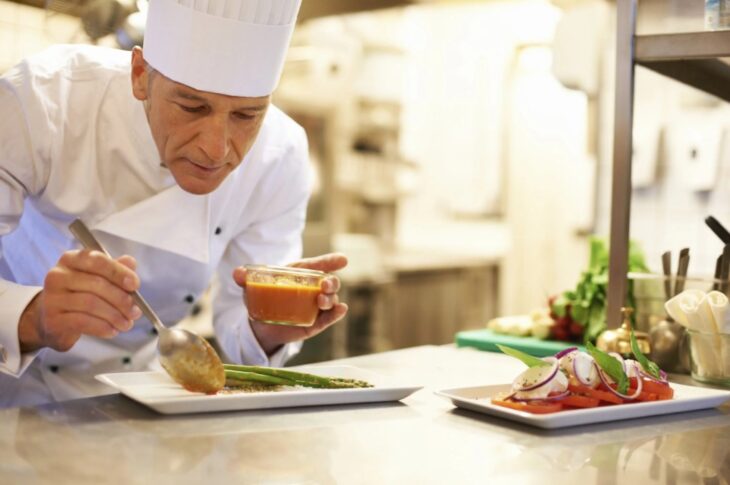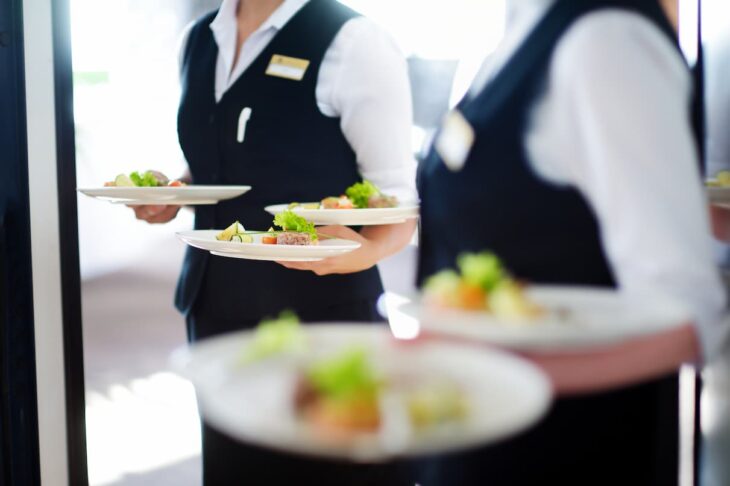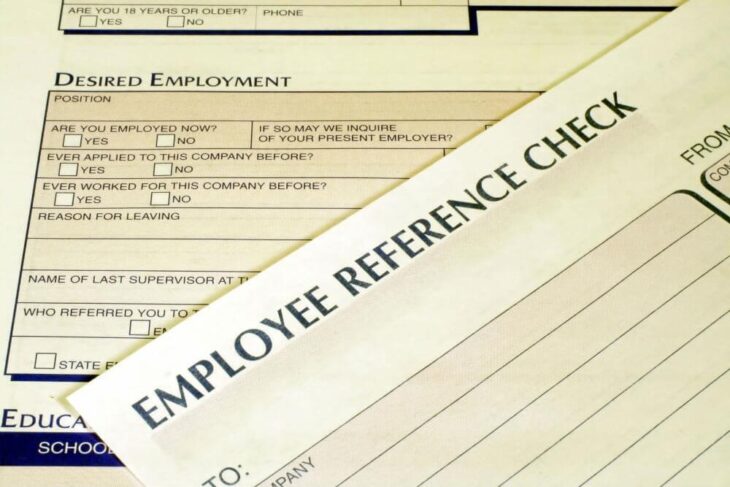
In the world of professional kitchens, a good recipe isn’t the only thing that needs precision, hiring does too. Restaurants, catering firms, and hospitality groups depend on recruitment agencies to bring them skilled chefs, reliable servers, and experienced kitchen staff.
But with the growing competition for culinary roles, resume authenticity has become a serious concern. Agencies today must go beyond surface checks, confirming that every skill, certification, and work history entry is real and verifiable.
A strong vetting process not only prevents hiring mistakes but also protects a restaurant’s reputation. After all, one unreliable hire can disrupt an entire kitchen’s rhythm.
Why Resume Verification Matters in the Culinary Industry
In fast-paced kitchen environments, trust and skill are everything. A candidate claiming Michelin-level experience or advanced pastry training must be able to back it up with facts. Recruitment agencies play a crucial role in safeguarding restaurants against exaggerated or falsified claims.
Beyond checking experience, agencies evaluate consistency: do the applicant’s listed skills match their references and test results? Can they perform under pressure, as they claim? For kitchens that depend on timing, teamwork, and hygiene compliance, these checks are essential.
Did you know?
According to hospitality HR statistics, nearly 30% of resumes in the food service sector contain some form of exaggeration, most commonly regarding job titles or years of experience.

Technology and the Role of AI in Resume Screening
Modern recruitment doesn’t rely on intuition alone. Many agencies now integrate advanced tools to streamline verification. Among them, the AI detector stands out for its ability to identify AI-generated or manipulated text within resumes or cover letters. This ensures that the applications are written by real candidates and not automatically generated by software attempting to mimic experience.
For restaurants hiring chefs, sommeliers, or managers, this level of scrutiny is invaluable. It helps confirm that each applicant’s communication style, word choice, and written detail reflect genuine personal input. Combined with background checks, these technologies make modern recruitment more transparent and reliable than ever.
The First Step ─ Background and Employment Checks
Agencies typically begin with traditional background verification, comparing the candidate’s claims with official records. They contact previous employers, confirm employment periods, and verify job roles. For positions in fine dining or hotel management, they may even request performance reviews or client references.
Some agencies also check:
- Culinary certifications such as ServSafe or HACCP compliance
- Apprenticeship documentation for specialized training
- Participation in national or international cooking competitions
A candidate’s reputation often travels within the culinary community. That’s why agencies combine formal verification with industry insight, reaching out to professional networks and culinary schools for confirmation.

Skills Testing ─ Putting Experience to the Test
Paper qualifications tell only part of the story. The true test comes when candidates must prove their skills. Culinary recruitment agencies often organize hands-on assessments where chefs are asked to prepare a dish under time pressure, follow precise hygiene standards, or handle specific kitchen tools correctly.
These skill tests help identify professionals who can handle real-world kitchen stress while maintaining quality and presentation. They also allow recruiters to match specific culinary styles—such as French pastry, fusion cuisine, or farm-to-table cooking, to restaurant requirements.
| Skill Area | Evaluation Focus | Real-world Example |
| Knife Handling | Speed and precision | Dicing uniform vegetables in under 2 minutes |
| Food Safety | Hygiene compliance | Following HACCP procedures accurately |
| Creativity | Original presentation | Creating a seasonal dish from mystery ingredients |
Reference Checks ─ Getting Insights Beyond the Paper
Authenticity goes deeper than documents. Recruitment agencies make direct contact with former supervisors, restaurant owners, or head chefs to gain honest insights about a candidate’s work ethic, punctuality, and teamwork.
While resumes might claim “excellent under pressure,” a call to a former employer can confirm how well that pressure was actually managed. References are especially important in culinary recruitment because teamwork and reliability weigh just as heavily as talent.
A good agency treats references as part of storytelling; each job, each kitchen, and each colleague helps paint a realistic picture of how a candidate operates behind the scenes.

Social Media and Online Presence Verification
In today’s digital-first world, agencies also use social media to cross-check resumes. A chef’s online portfolio, LinkedIn profile, or Instagram feed can reveal consistency between claimed achievements and visual evidence of culinary work.
For instance, if a resume lists pastry experience in a five-star hotel, recruiters may find corresponding photos, event posts, or mentions online. However, this step isn’t about surveillance, it’s about context. A strong digital footprint that aligns with professional claims can reinforce credibility, while major discrepancies may prompt further review.
Interesting fact
Detecting Red Flags During Interviews
Interviews provide one of the most powerful ways to confirm authenticity. Recruiters trained in hospitality often detect when answers sound rehearsed or inconsistent with actual industry experience.
Signs of inauthentic resumes include:
- Unclear explanations about employment gaps
- Overly vague job descriptions
- Inconsistent details about restaurant menus or equipment used
- Hesitation when discussing basic culinary terms or techniques
Experienced recruiters often ask situational questions, like how a chef handled a busy Friday dinner rush, to separate true experience from memorized answers.
“Authenticity reveals itself in how candidates talk about flavor, teamwork, and timing, not in how perfect their resumes look.”

Maintaining Transparency with Clients
Finally, agencies share verified results with restaurant owners in clear and structured reports. These reports outline each candidate’s strengths, verified experience, and any areas of uncertainty. This helps clients make informed hiring decisions instead of relying on assumptions.
Transparency builds long-term trust between agencies and restaurant owners. Over time, it ensures smoother hiring cycles, stronger kitchen teams, and fewer costly recruitment errors.
A trusted recruitment partner becomes part of a restaurant’s success formula, right alongside great ingredients and precise execution.
Read Also: Best Ways to Collect and Save Family Recipes for Generations
Conclusion
In the culinary world, hiring is just as meticulous as crafting a fine dish. Recruitment agencies ensure that every resume reflects genuine skill, experience, and passion. Through detailed background checks, hands-on skill tests, digital verification, and tools like the AI detector, they maintain high industry standards that keep kitchens running smoothly.
Authenticity protects not only the employer but also the culture of excellence that defines professional cooking. When hiring practices are transparent, the result is a kitchen built on trust, where every chef, sous-chef, and dishwasher truly earns their place at the table.